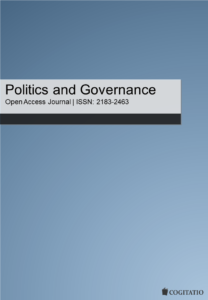As the EU turns to the regulation of artificial intelligence through transparency, a critical perspective is more needed than ever, Ida Koivisto argues.
Tag: trade-off
A new special issue in the open-access journal Politics & Governance explores the possibility of transparency ‘excess’ in the face of the European Union’s constrained capacity to deliver.

The Council’s ongoing transparency overhaul continues to attract public attention.

A new article i n the Journal of European Public Policy takes a closer look at the purported trade-off between transparency and efficiency.
n the Journal of European Public Policy takes a closer look at the purported trade-off between transparency and efficiency.

